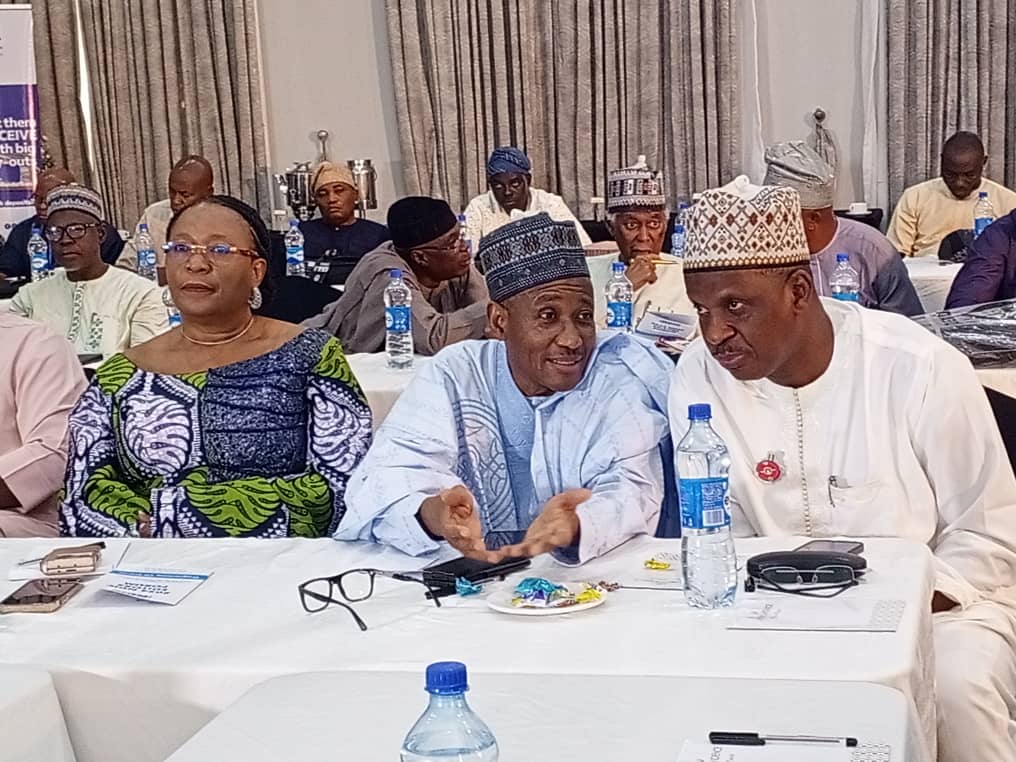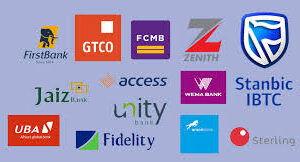



The Nigeria Deposit Insurance Corporation (NDIC) has begun the liquidation process for the defunct Heritage Bank, ensuring that depositors with balances exceeding ₦5 million will receive payouts. This announcement was made by NDIC's Managing Director, Bello Hassan, during the 45th Kano International Trade Fair on December 4, 2024 [7044d5d3].
As part of this process, the NDIC has completed a comprehensive appraisal of the bank's assets and commenced the sale of its properties through competitive public auction on the same day [7044d5d3]. The NDIC aims to reimburse depositors and maintain public trust in the banking system, reinforcing its commitment to safeguarding depositors' funds [7044d5d3].
In a previous forum held on November 23, 2024, Hassan had emphasized the NDIC's ongoing efforts to resolve challenges faced by depositors of Heritage Bank, assuring that they would be prioritized in the liquidation process [e2f1b521]. The NDIC has been actively engaged in debt recovery and asset realization to facilitate these payments, ensuring that 98-99% of depositors' funds are protected [e2f1b521].
The liquidation efforts come amidst broader discussions about the health of Nigeria's banking sector, which is currently undergoing significant recapitalization mandated by the Central Bank of Nigeria (CBN). This recapitalization is aimed at enhancing the safety and stability of banks, with compliance timelines set for the next 24 months [fdccd6cb]. Financial analysts stress that a well-capitalized banking sector is essential for attracting foreign investments and funding critical sectors of the economy [5c49fc02].
As the NDIC continues its liquidation process, it has also initiated insured payments for depositors of Fortune Bank, indicating a proactive approach to managing the consequences of bank failures [e2f1b521]. Stakeholders are emphasizing the need for structural reforms and increased lending to Micro, Small, and Medium Enterprises (MSMEs) to stimulate economic growth [5c49fc02].
The ongoing recapitalization discussions have raised concerns regarding the exclusion of shareholders' funds and retained earnings from the minimum capital requirements, which some believe could weaken the banking sector's resilience [fdccd6cb]. As Nigeria aims to achieve its goal of becoming a $1 trillion economy, the collaboration between the NDIC and other financial institutions remains critical in navigating these challenges and fostering a stable financial environment [3f6a902f].